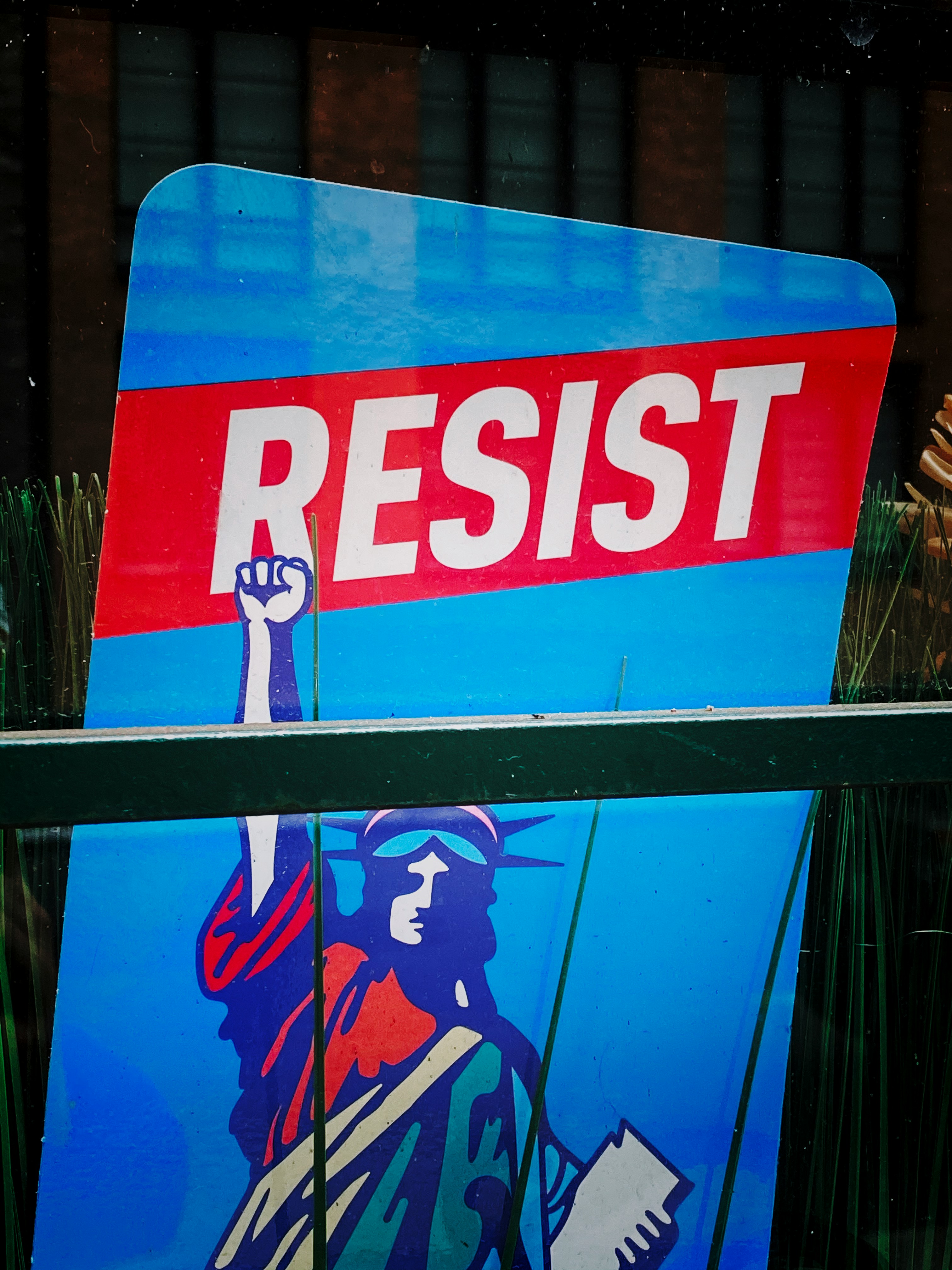General
Do No Harm: Resisting the Misuse of Religious Exemptions
When does the right to religious freedom become a justification for harm? This question is at the heart of the misuse of religious exemption laws. These laws – protections granted under the First Amendment and utilized for centuries by individuals of all faiths – have been exploited by Christian Nationalists to undermine other fundamental rights, including equality and non-discrimination.
Religious exemption laws are a powerful safeguard for religious freedoms when utilized correctly. However, recently we have seen people using these laws to bypass policies meant to protect LGBTQ+ people, religious minorities, women, and many others. While designed to protect religious practices, they have become a tool used to justify discriminatory practices under the guise of religious freedom. This distortion of religious freedom creates an imbalance where the rights of certain groups are elevated above others, leading to systemic inequalities.
In recent years, these have increasingly been used to push anti-equality policies, as seen in the 2014 Hobby Lobby decision, which allowed companies to deny contraception coverage based on religious objections under the Religious Freedom Restoration Act (RFRA).
Established in 1993, RFRA was designed to protect minority religions from government interference. At first, it effectively safeguarded practices such as ensuring Kosher and Halal meals were provided in prisons, and that the government would protect indigenous land during spiritual rites. However, over time, some Christian Nationalists began to exploit RFRA to justify the denial of coverage for services like birth control and gender-affirming care, among other issues.
In response to the rising misuse of RFRA, Congress introduced the Do No Harm Act in 2016. This legislation aimed to amend RFRA by holding that religious exemption laws could not override federal protections such as Title IX or labor laws. This act would secure religious freedom protections while also ensuring that religious exemption laws “do no harm,” safeguarding against discrimination. The bill was not passed by Congress but has been reintroduced every year since 2016. Interfaith Alliance continues to support and advocate for the Do No Harm Act which was recently reintroduced in Congress in early March of 2025.
At its core, the misuse of religious exemption laws is a stark contradiction to the true principles of religious freedom. Instead of fostering love, inclusion, and compassion, these laws are being used to justify hate, exclusion, and indifference. The true spirit of religious liberty should protect individuals of all faiths or no faith without infringing upon the rights of others.
When businesses, healthcare providers, or schools use religious exemptions to discriminate, they leave LGBTQ+ people, women, and other marginalized groups without access to basic services, healthcare, and protections. This legitimization of religiously motivated harm contributes to a society where discrimination is not only accepted but also protected, creating divisions that hinder social progress.
Interfaith Alliance believes that religion should never be used as a shield for discrimination; instead, it should foster inclusivity and unity. Visit our Freedom Not Extremism page to learn more.
Transcript

Announcing the 2025-2026 Interfaith Leadership Network Fellows
Interfaith Alliance is proud to announce the 2025–2026 cohort of the Interfaith Leadership Network, an extraordinary group of clergy, pro-democracy advocates, and community leaders advancing civil rights, inclusive religious freedom, and democracy in communities across the country. Through practical support, funding, and a powerful peer network, these fellows will mobilize interfaith collaboration to confront urgent local challenges and strengthen a pluralistic democracy.

One Year of The Trump Administration’s Attacks on Faith Communities and Abuse of Religion
Over its first year, the Trump administration has weaponized religion to advance a white Christian nationalist agenda, attacking faith leaders, houses of worship, immigrants, and religious minorities while undermining core principles of religious freedom. Even as federal power has been used to intimidate and exclude, faith communities across traditions have mobilized to defend democracy, pluralism, and the right of all people to practice their beliefs.

